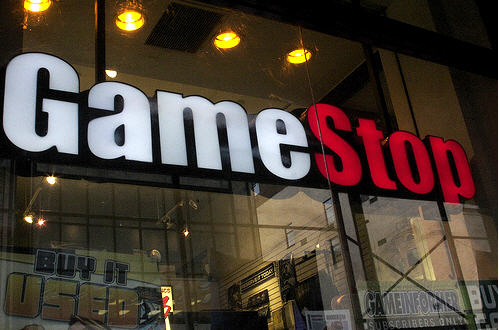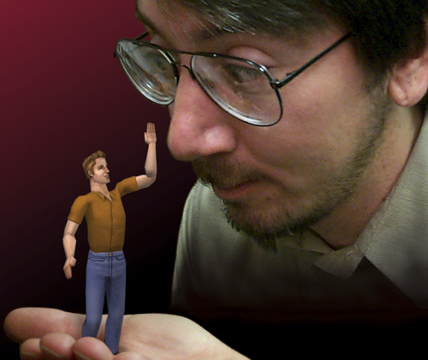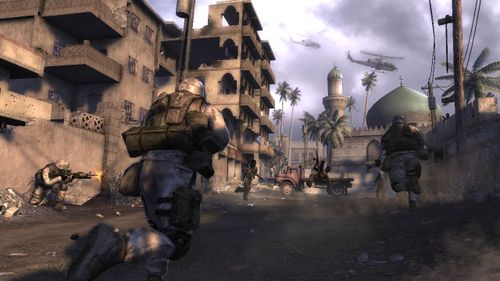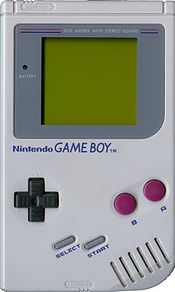 “Red Ring of Death” has worked its way so thoroughly into gamer lexicon that it’s comical to watch Microsoft work around the terminology. Perhaps the company’s talking heads will have an easier time with “E74,” a different system killing hardware issue whose moniker is so succinct it’ll probably stick. But I digress.
“Red Ring of Death” has worked its way so thoroughly into gamer lexicon that it’s comical to watch Microsoft work around the terminology. Perhaps the company’s talking heads will have an easier time with “E74,” a different system killing hardware issue whose moniker is so succinct it’ll probably stick. But I digress.
Microsoft’s Larry “Major Nelson” Hryb acknowledged this new hardware issue today, announcing that the infamous three-year Xbox 360 warranty will extend its coverage to include E74 along with the “three flashing lights error,” as Hryb calls it. The warranty began in the summer of 2007 in response to Red Ring issues and is good for three years from the purchase of an Xbox 360 console. In addition to covering new E74 repairs, Microsoft will retroactively reimburse anyone who has paid the company to fix the problem. Checks will go out before July 1.
Joystiq has been covering the E74 issue since complaints emerged in greater numbers this year. They believe the problem stems from a faulty solder on the ANA/HANA scaling chip in HDMI models. Lines across the screen or snowy interference typically preceed the fatal error message, which is accompanied by one flashing red light (Quadrant of Death?). Microsoft has not described the nature of the problem except to call it a “general hardware failure.”
Chances are, the company won’t elaborate. Microsoft has claimed that the Red Ring of Death debacle hasn’t hurt the brand, and was reluctant to come clean on the problem for some time, so I imagine the company is tackling this issue with the same bravado. Maybe brand loyalty is okay for the Xbox 360, but Sony would be wise to store these issues in its memory banks for the next round of console wars.

 A solution for the digital download squeamish: Go to your local video game store, buy a boxed version of a digital download voucher, go home and use the Internet to install the same product that’s being sold cheaper to those who don’t want to leave the house.
A solution for the digital download squeamish: Go to your local video game store, buy a boxed version of a digital download voucher, go home and use the Internet to install the same product that’s being sold cheaper to those who don’t want to leave the house. The world’s largest video game retailer could be in hot water thanks to
The world’s largest video game retailer could be in hot water thanks to  Fans of Will Wright probably know about his bizarre hobbies. At times, he’s
Fans of Will Wright probably know about his bizarre hobbies. At times, he’s  Quick, think of a knee-jerk reaction: A game based on the war in Iraq, insightful culture or crass cash-in?
Quick, think of a knee-jerk reaction: A game based on the war in Iraq, insightful culture or crass cash-in? This month marks 20 years since the Game Boy’s release in Japan. Though the handheld’s actual birthday is April 21, and the US release followed in August, now seems as good a time for reflection as any.
This month marks 20 years since the Game Boy’s release in Japan. Though the handheld’s actual birthday is April 21, and the US release followed in August, now seems as good a time for reflection as any.